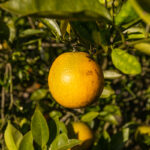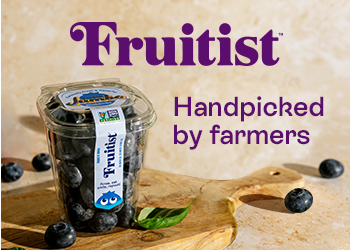U.S.: organic industry briefs Congress on HLB control efforts

Staff members from various U.S. congressional offices gathered yesterday to hear the organic industry's progress on finding safe and effective ways to fight off citrus greening disease. 
Citrus greening disease - or Huanglongbing (HLB) - is one of the most serious citrus diseases in the world, and U.S. non-profit organization The Organic Center (TOC) said concerns are rising over the heavy spraying of chemicals to combat it.
TOC director of science Dr. Jessica Shade told policymakers they could help in the campaign to find safe ways to fight the disease by letting their constituents know how they could get involved.
"Citrus greening is not just an organic problem, and this research is not just for organic growers," said Shade.
"This disease is threatening both organic and conventional citrus growers, but many of the non-organic methods being used to fight it are proving to be not only inadequate, but pose dangerous risks to the environment and human health.
"The solutions we find for organic can be used by all."
TOC has launched a comprehensive multi-year study to find methods to prevent and treat citrus greening disease that comply with the strict standards of the U.S. Department of Agriculture’s (USDA) National Organic Program.
It is also partnering with industry members, academics and other non-profits in its effort, and is sponsoring a major social media campaign - #SaveOrganicCitrus - along with a crowdfunding drive to raise more funds for the research.
According to TOC, one of the most dangerous insecticides being used heavily in the conventional citrus industry to control HLB is a class of pesticides known as neonicotinoids, which are banned for use on organic farms.
The use of neonicotinoids has also been associated with bee deaths and its use on citrus has been found to have detrimental effects on pollinator populations.
"Consumers love citrus. They are consuming more and more organic citrus, and they value the fact that they are eating fruit that has not been sprayed with dangerous chemicals," said Shade.
"We wanted to make sure members of Congress and their staffs were updated, because they need to know how their constituents are being impacted, and what they can do to encourage effective solutions.
"Concerned individuals can become involved in helping our research efforts and in finding an answer to this critical problem by going to our crowdfunding site and becoming a part of the solution."
To visit the crowdfunding site click here.
Photo: www.shutterstock.com









































